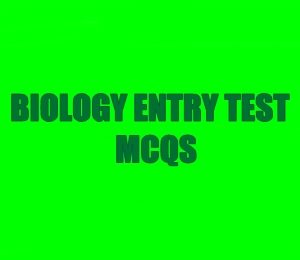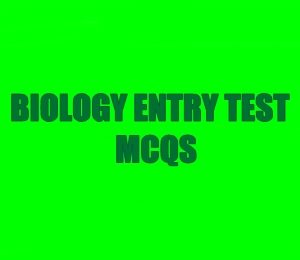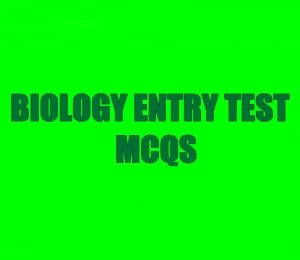This is the place where you are getting Biology Biological Molecules MCQs with Answers. Biological Molecules is a very important chapter according to the MDCAT test point of view. Biological Molecules MCQs with Answers Pdf available for the FSC and non-FSC students who are going to appear in the MDCAT test. This chapter comprises Carbohydrates, Proteins, Lipids, and nucleic acids (DNA, RNA). Through solving these Biological molecules’ MCQs for the MDCAT test, a student will become able to define different terms like monomer, macromolecules, polymer, carbohydrates, monosaccharide, oligosaccharides and polysaccharides. The structure of peptide bond formation and amino acids bond formation and the characteristics and structure of DNA, and RNA (mRNA, rRNA, tRNA) are given here. Those who want to solve online Biological molecules MCQs MDCAT can solve these simple questions to test their MDCAT test preparation.
Biology Biological Molecules MCQs with Answers
10748



